IRS Announces 2023 Increases to Qualified Retirement Plan Limits
Proskauer's Employee Benefits & Executive Compensa
OCTOBER 25, 2022
Perhaps most notably, the annual limit for pre-tax and Roth contributions by employees to 401(k) plans has jumped from $20,500 to $22,500, and the annual limit for “catch-up” contributions to such plans by employees who are age 50 or older has increased from $6,500 to $7,500. Annual Participant Compensation Limit.

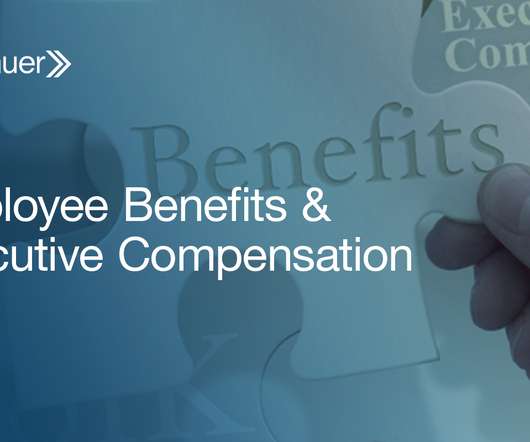

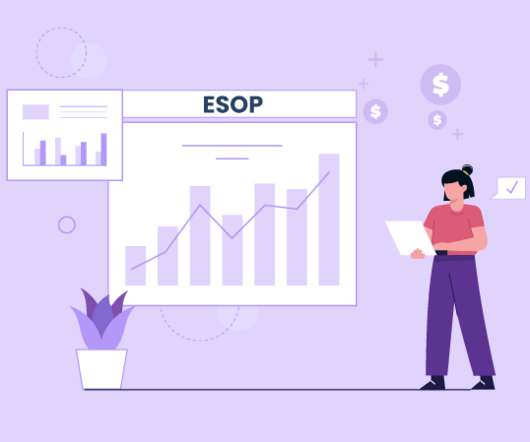
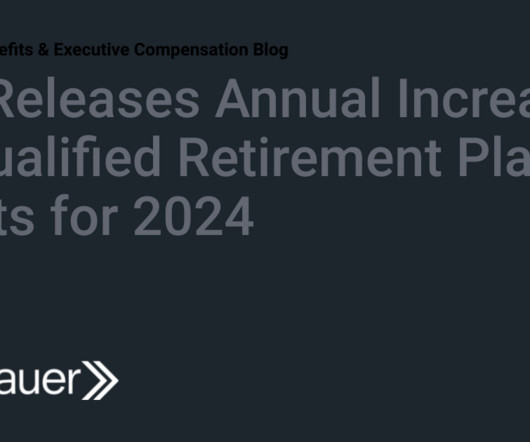
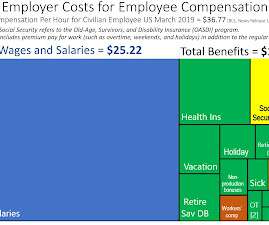

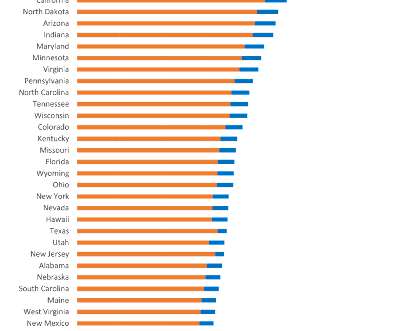






Let's personalize your content